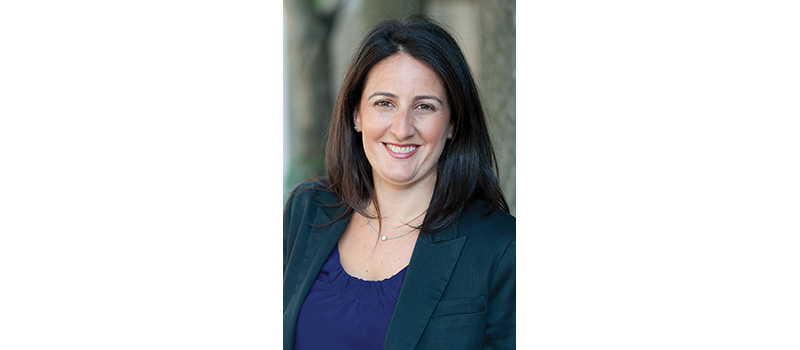by Rabbi Sari Laufer
After this weekend at Wise Family Camp (February 7-9, 2020: Save the Date!), I was feeling nostalgic for sleepaway camp…especially with Sunday’s rain. Summer on the East Coast always featured some serious rain days, and while it was always a bummer to miss out on sports and waterfront, those rainy days also stand out as some of my most treasured memories. In particular, I recall sitting in the dining hall, rain beating on the windows, deeply invested in the results of our Sing Down.
If you have never participated, a Sing Down is a team activity. The whole group is given a word, and the teams have a limited amount of time to write down all of the songs they can think of featuring that word. Without getting into ALL of the details about competition and elimination, I’ll say 3 things: 1) It was really fun, 2) I was super competitive, and 3) The longest round was inevitably prompted by the word “love.”
Love is all around, indeed—in song, certainly, and everywhere else this week. And while Valentine’s Day is certainly not a Jewish holiday, our tradition certainly has what to say about love.
The Torah gives us three separate obligations to love. One, quoted by Rabbi Hillel as the essence, the unifying principle, of Judaism, is one we read on Yom Kippur afternoon: v’ahavta l’re-echa kamocha: you shall love your neighbor as yourself; some suggest this is actually two commandments, that is to say that we cannot love our neighbor, our fellow, another until we learn to love ourselves. In another commandment, we are taught the words we pray daily: v’ahavta et Adonai elohecha—you shall love Adonai your God. And, just a few chapters later: V’ahavtem et ha-ger: you, all of you, shall love the stranger; it is the most repeated command in the Torah. Your neighbor, the stranger, and God.
As I have written before, we are commanded first individually and then communally, to love those with whom the relationship is not as natural, not as immediate, not as obvious. We are commanded, to love people—and a Being—we may never meet, never know, never touch. We are commanded to love not just those with whom we share hopes and dreams, not those with whom we share the joys and challenges of everyday life—but, in fact, those who can seem most distant, most different, most Divine.
In Pirke Avot, our sages teach: Any love which is dependent on something, when the ‘something’ ceases, the love ceases. Any love which is not dependent on anything will never cease. Love cannot be transactional; it cannot be external, selfish, or self-interested. And that is true of Divine love, love of a stranger, or love of self. Our task, then, is also to make sure it is true of our most intimate, our closest, relationships.
Several years ago, just before Rosh Hashanah, I came across a poem by Courtney A. Walsh. Entitled “Dear Human,” it is now pasted in my machzor, a regular reminder of the work I need to do—the work all of us need to do, to fulfill our mission in the world. Among her many beautiful exhortations, she reminds us of that which Valentine’s Day sometimes forgets, of that which Pirkei Avot taught so many centuries ago. She writes:
Love, in truth, doesn’t need ANY other adjectives.
It doesn’t require modifiers.
It doesn’t require the condition of perfection.
It only asks that you show up. And do your best.
That you stay present and feel fully.
That you shine and fly and laugh and cry and hurt and heal and fall and get back up and play and work and live and die as YOU.
It’s enough.
It’s Plenty.
True, love does not appear in the Ten Commandments. We are not commanded, as we are to honor and revere them, to love our parents. Nowhere are we commanded love our children. And in this week when Hallmark enjoins us to love our romantic partners—Torah does not ask the same thing. And yet, our texts do want us to understand love—deep, meaningful, messy love. Our texts and our tradition want us to know, to work on, to work towards that love which is not dependent on anything—an unbounded love. Not just on Valentine’s Day, but every day.

